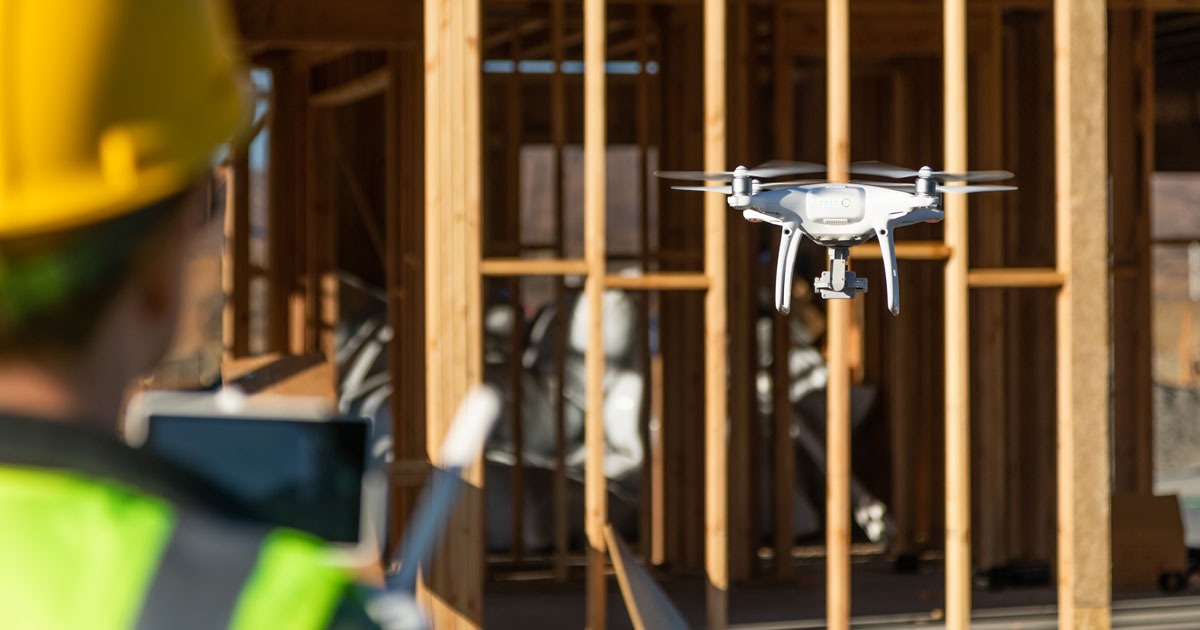As we progress through 2024, the construction industry continues to navigate the persistent challenges that emerged in the post-pandemic world.
Workforce development and labor shortages remain vital issues, yet technological advances make construction safer and more efficient.
With the advancement of AI, the industry is starting to reap benefits such as enhanced decision-making, optimized scheduling, improved risk management, and increased productivity.

While AI advancements cannot yet replace the essential human elements in construction, they are not a threat but enhancements to the existing skills within the workforce.
For instance, machines—at least not yet—cannot replicate the nuanced craftsmanship of a finish carpenter.
Machine learning, a subset of artificial intelligence, uses statistical data to solve problems and anticipate challenges more quickly than humans. The insights gained from machine learning enhance project efficiency, reduce costs, and improve safety by analyzing vast amounts of data and identifying issues that may take time to be apparent to human managers.

